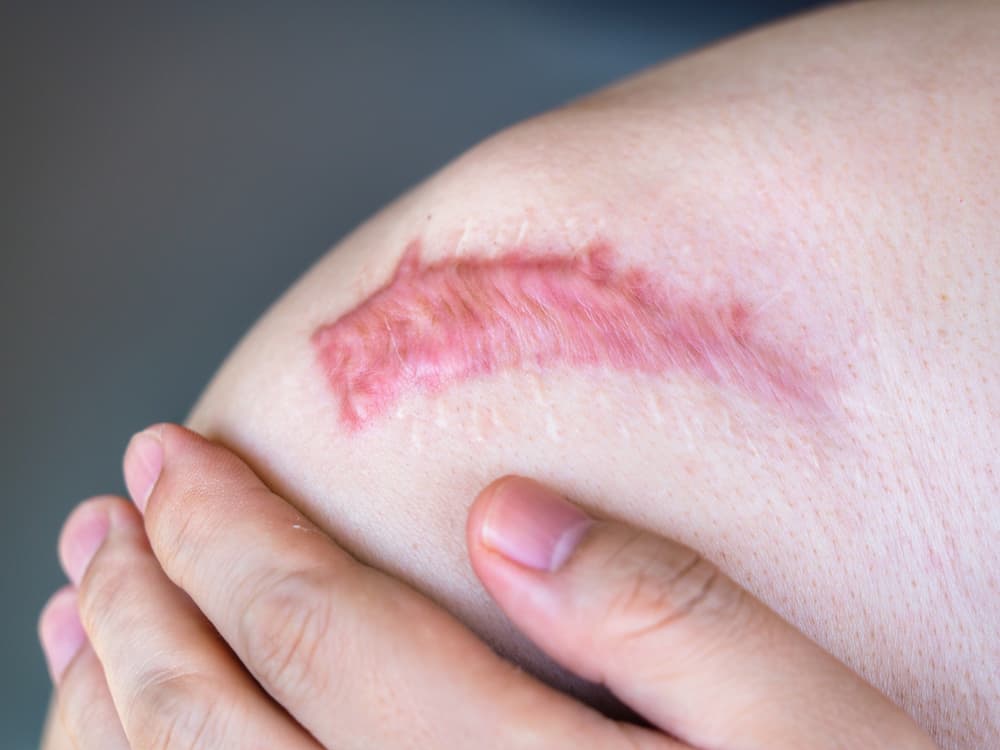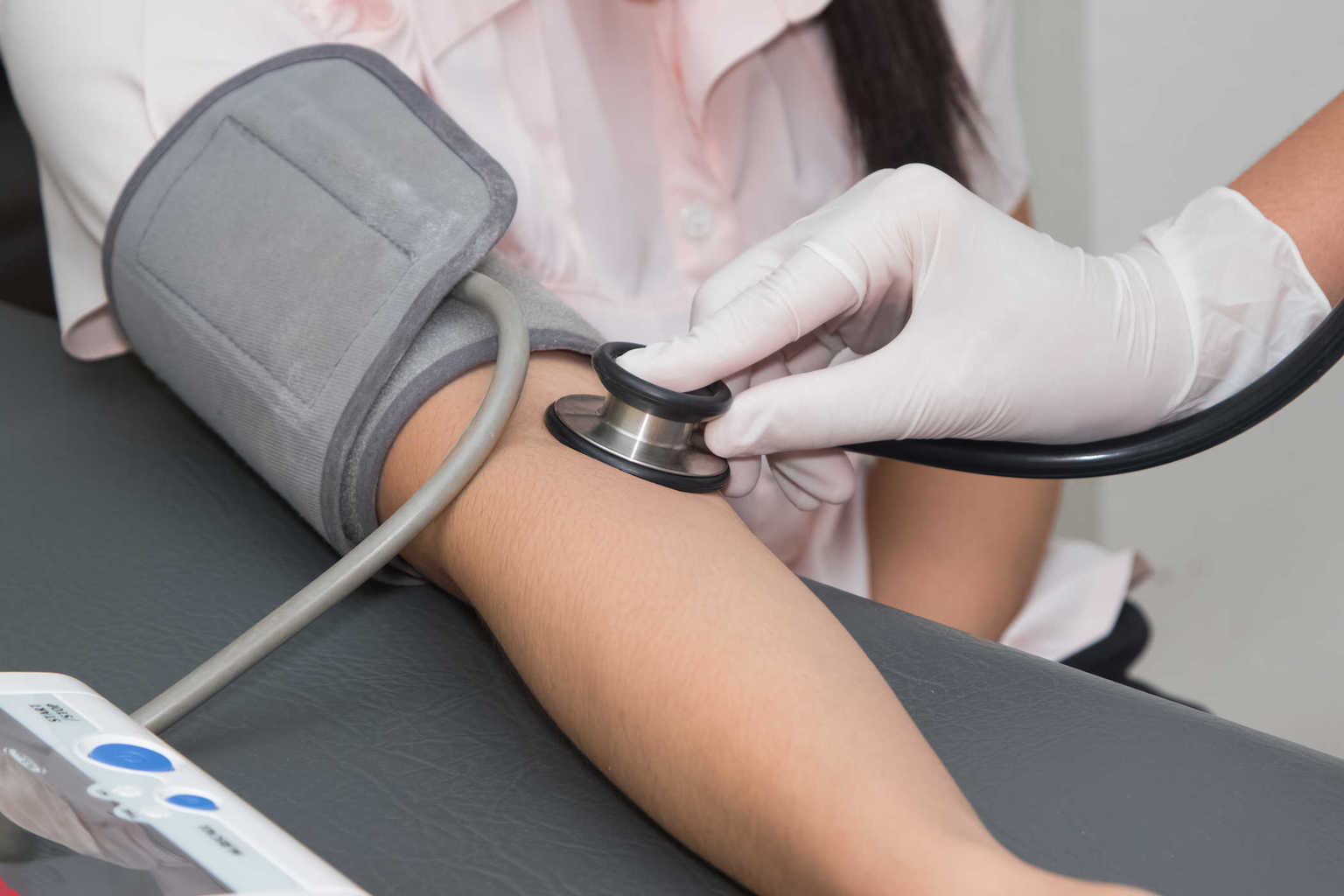Contents:
- Medical Video: What Happens To Your Body When you Quit Smoking For 1 hour, 1 Day, 1 Month and 1 Year
- Heart disease in passive smokers
- Cancer in passive smokers
Medical Video: What Happens To Your Body When you Quit Smoking For 1 hour, 1 Day, 1 Month and 1 Year
Exposure to cigarette smoke as passive smoking can cause premature death and diseases in non-smoking children and adults. The more exposed to cigarette smoke, the higher the risk of the disease. There is no stage of exposure to cigarette smoke that is risk free.
The researchers concluded that passive smoking could risk contracting the following diseases and conditions:
In adults:
- Heart disease
- Lung cancer
- Irritation of the eyes and nose
In children and infants:
- Sudden infant death syndrome (SIDS or sudden infant death)
- Low birth weight (if the mother is exposed to cigarette smoke)
- Bronchitis, pneumonia, and lung tract infections
- Respiratory diseases in children
- Middle ear disease (otitis media or ‘glue ear", middle ear effusion)
- Respiratory symptoms such as coughing, phlegm, sound breath, and shortness of breath
- Asthma that worsens
- Decreased lung function in children (unable to breathe deeply)
Research also links cigarette smoke exposure to increased risk of other diseases.
Disease in adults:
- Nasal sinus cancer
- Breast cancer
- Stroke
- Atherosclerosis (vascular disease)
- Acute respiratory symptoms (short term), such as coughing, breathing sounds, chest tightness and difficulty breathing
- Chronic respiratory symptoms (long term)
- Decreased acute lung function in people who have asthma
- The development of asthma and asthma control worsened
- Chronic obstructive pulmonary disease (COPD)
Diseases of children and infants:
- The development of asthma
- Premature labor (if the mother is exposed to secondhand smoke)
- Cancer: leukemia, brain cancer, lymphoma (if the mother or child is exposed to cigarette smoke)
- Lung complications during and after surgery
- Worsening of cystic fibrosis
- Meningococcal disease
Heart disease in passive smokers
Passive smoking has an increased risk of coronary heart disease even though he has never smoked in his life. Non-smokers with long-term exposure to tobacco smoke at home have an estimated 25% - 30% increased risk of heart disease compared to non-smokers who are not exposed to cigarette smoke. This increase in risk is about one third of the increased risk of active smoking.
Low levels of tobacco smoke have a strong effect on the risk of heart disease, but the risk tends to decrease with high exposure to smoke produced by active smokers. The level of chemicals that cause heart disease is greater in outside smoke compared to mainstream smoke which is inhaled directly by smokers. Research also indicates that non-smokers are more sensitive to certain effects of cigarette smoke than active smokers.
Cigarette smoke disrupts the normal work of the heart, blood and blood vessels, causing short-term and long-term damage. Some effects occur within 30 minutes and are almost the same as the effects experienced by active smokers. For example, the smoke of the cigarette affects the lining of the blood vessels and interferes with the flow of blood, so that the blood thickens and frozes more easily. Carbon monoxide from cigarette smoke replaces some oxygen levels in the blood, reducing oxygen flow to the heart and muscles. With reduced oxygen, short-term or permanent damage to the heart and tissue is easier to occur. In a few years, passive smokers will have fat buildup in the walls of blood vessels, and constriction that causes inflammation in blood vessels. This can cause a heart attack.
The majority of deaths in passive smoking are caused by heart disease. People with other risk factors for heart disease such as diabetes, high blood pressure and heart disease have a greater risk of exposure to secondhand smoke.
Cancer in passive smokers
Cigarette smoke has been confirmed as a cause of cancer in humans. Cigarette smoke inhaled by passive smoking is the main cause of lung cancer in non-smokers. Non-smokers with long-term exposure to cigarette smoke have a 20% -30% higher risk of lung cancer than non-smokers who are not exposed.
Evidence shows that cigarette smoke can be a cause of nasal sinus cancer and breast cancer in women who have not experienced menopause, but more research is still needed. Breast cancer is the most common cancer and the leading cause of cancer deaths in women.
Hello Health Group does not provide medical advice, diagnosis or treatment.












